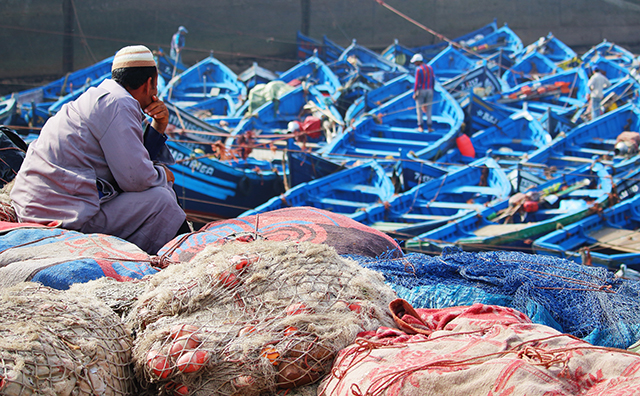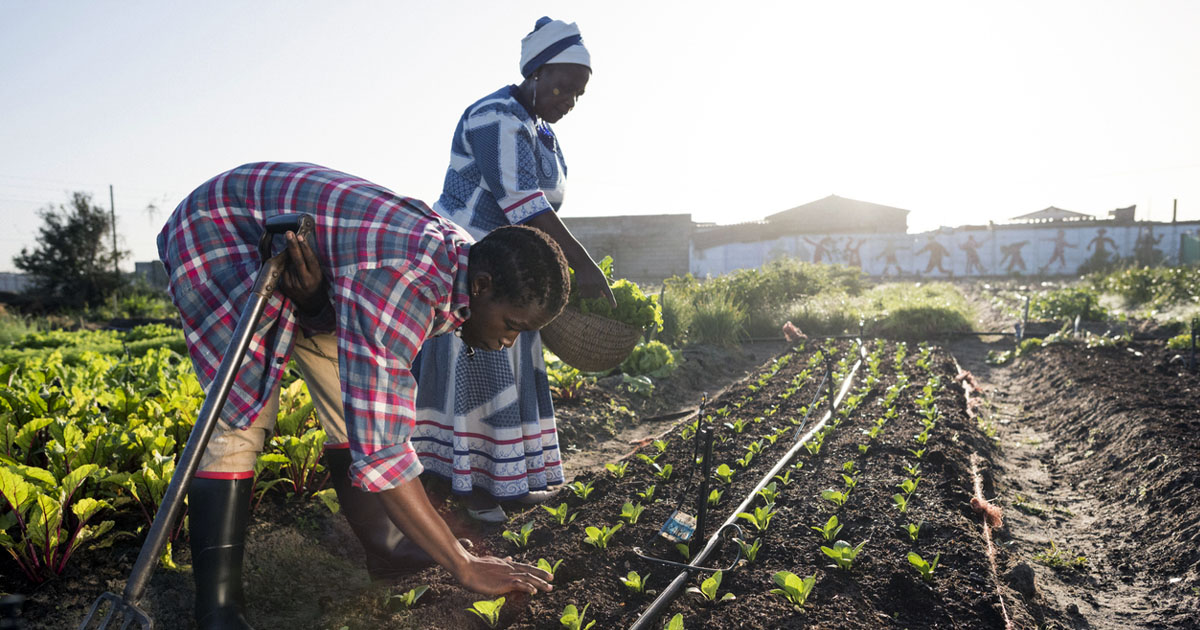Millennium Challenge Corporation
The Millennium Challenge Corporation (MCC) funded a set of activities to enhance the agricultural sector in Morocco in line with the Green Morocco Plan. The Fruit Tree Productivity Project rehabilitated and expanded olive, almond, date, and fig tree groves; trained farmers on new crop husbandry techniques, as well as marketing and management skills; upgraded irrigation infrastructure; provided value chain support services, including some services that focus on women; and set up a fund to catalyze further private sector investment in olive oil processing. Mathematica is conducting an evaluation to provide a better understanding of the impact of MCC’s agricultural investments in Morocco, as well as the sustainability of the Fruit Tree Productivity Project more specifically. This project will also contribute evidence to the broader literature on the effects of farmer training and improvements in irrigation infrastructure.<
The evaluation is assessing the longer-term effects of the project activities that were started during the compact. We are using a matched comparison design and performance evaluation to understand the impacts of the modern olive oil processing units created by the Catalyst Fund. Drawing on both qualitative and quantitative data, we are exploring the successes and challenges of the establishment of these units, their operational status, factors affecting their success, and their long-term sustainability as well as the impacts of the new units on farmer-level outcomes such as olive revenues, total agricultural revenues, and household income.
Our evaluation of investments in irrigated olive and date areas involves a mixed-methods performance evaluation that includes a number of components. In irrigated olive areas, it includes a quantitative pre-post study that will leverage data collected from farmers before the rehabilitation of irrigation infrastructure and a qualitative study that draws on farmer focus groups and interviews with other key stakeholders. In irrigated date areas, the performance evaluation also consists of a qualitative study drawing on farmer focus groups and interviews with key stakeholders, as well as a multisite case study of the modern date processing units supported by the project.
Evidence & Insights From This Project

Mathematica Continues Partnership with the Millennium Challenge Corporation to Bolster Economic Growth in Morocco
The Millennium Challenge Corporation (MCC) and the government of Morocco have partnered to create programs that bolster economic growth in the country.
Learn MoreRelated Staff
Efficiency Meets Impact.
That's Progress Together.
To solve their most pressing challenges, organizations turn to Mathematica for deeply integrated expertise. We bring together subject matter and policy experts, data scientists, methodologists, and technologists who work across topics and sectors to help our partners design, improve, and scale evidence-based solutions.
Work With Us


